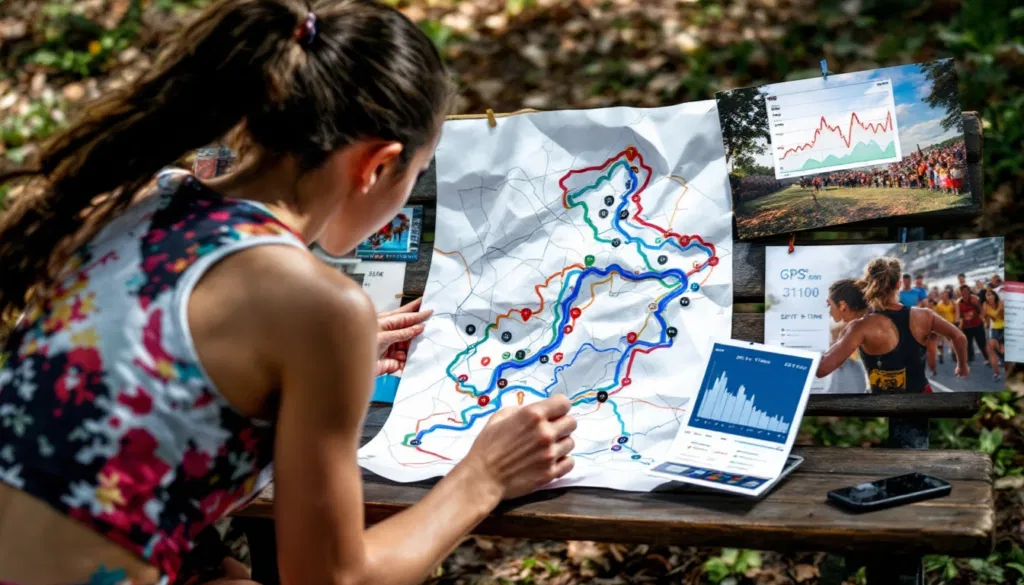
You know that preparation is key to having a successful race. But did you know that one of the most important aspects of race preparation is doing your homework on the course itself? That’s right, the pros always make sure to do thorough race reconnaissance, or “recon,” before they toe the starting line. And there’s no reason why you can’t do the same! It should be a key piece of your pre-race strategy, no matter if you’re running the Boston Marathon or your local 10K race.
In this article, we’ll explore the importance of race recon and share some strategies for researching your next race course. By the end, you’ll have all the tools you need to run your best race yet.
So, why is race recon so important? Well, there are a few key reasons:
Now that we know why race recon is so important, let’s dive into some specific strategies you can use to research your next race course.
The best way to get to know a race course is to run it yourself. If you live near the race location or have the opportunity to visit before race day, try to run as much of the course as possible. This will give you a firsthand feel for the terrain, elevation changes, and any other unique features of the course.
If you can’t run the entire course, aim to at least run the last few miles. This will help you mentally prepare for how you’ll feel at the end of the race when you’re most fatigued.
If you can’t run the course in person, the next best thing is to study course maps and elevation profiles. Most races will have this information available on their website.
When looking at the course map, pay attention to:
When studying the elevation profile, make sure to note the scale of the chart. Some races may try to make the course look flatter than it is by adjusting the scale. Look at the actual elevation gain and loss numbers to get a true sense of the course’s hilliness.
Another excellent way to gather intel on a race course is to look at past race results. Many races will have results from previous years available online, often with split times for different sections of the course.
Look for any sections of the course where runners tend to slow down or speed up significantly. Then, cross-reference those sections with the course map and elevation profile to try to understand why. Is there a big hill in that section? A long straightaway? Knowing this information can help you anticipate challenges and develop a pacing strategy.
It can also be helpful to compare your goal race time to past results on the same course. This can give you a sense of how the course might affect your performance compared to other races you’ve run.
In addition to official race results, you can also look for GPS data from individual runners who have raced the course before. Apps like Strava allow runners to upload GPS data from their watches, which can provide even more detailed information about the course.
Look for data from runners who finished around your goal time, and pay attention to their mile splits and pacing trends. Did they start out fast and fade in the later miles? Did they negative split the course? This information can help you refine your own pacing strategy.
Finally, don’t forget to tap into the wealth of information available from other runners who have raced the course before. Search for blog posts, race reports, and forum discussions about the race. You can even look for video footage on platforms like YouTube.
Pay attention to any specific details runners share about the course, such as:
The more information you can gather from other runners’ firsthand experiences, the better prepared you’ll be to run your best race.
Once you’ve gathered all this information about your goal race course, it’s time to put it into action. Here are a few key things to do with your newfound knowledge:
Remember, the goal of race recon is to gather as much information as possible so that you can run your best race. By doing your homework ahead of time, you’ll be able to toe the starting line with confidence, knowing that you’re prepared for whatever the course throws your way.
So the next time you sign up for a race, make sure to put race recon at the top of your to-do list. Your future self (and your race results!) will thank you.